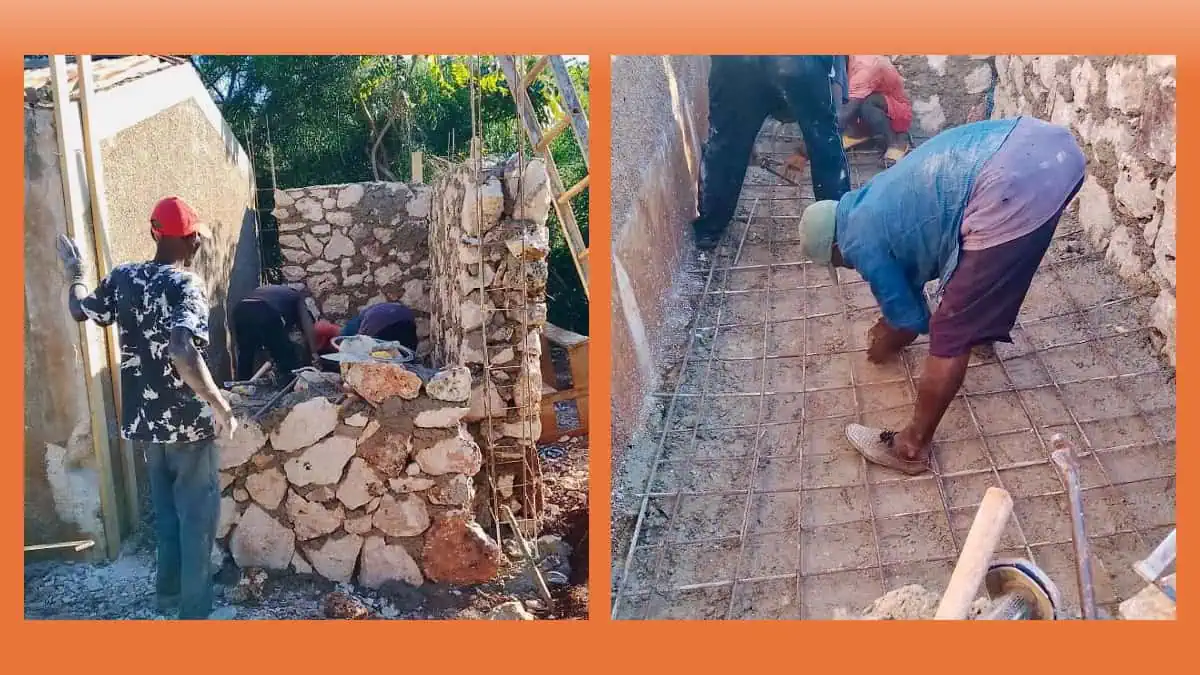
by Kent Annan
The adults were streaming to Jesus. Little children, too. By this point in his ministry, Jesus was attracting a pretty good crowd wherever he showed up. Amidst all the clamoring, the disciples, naturally enough, took it upon themselves to help Jesus prioritize. Give precedence to the ones with seniority, with position, with more to say: that is, to the adults. The kids? Let them stand back, keep in their place, and receive any blessings from a respectful distance. But Jesus, as he seems to do so often (even after you’ve read the same gospel stories a hundred times), upends expectations: Let the adults watch and listen as the children come into my arms.
I remember a seminary professor explaining that the Greek word translated child in this passage can also mean “one open to instruction.” He went on to say that we tend to misinterpret Jesus’ words in this story. It was not the naiveté and innocence of youth that Jesus was lifting up, but the intense curiosity and hunger for learning so often evident in children.
Not long ago, Enel Angervil was sitting in a circle with a group of Haitian children who were studying Scripture through our Living Words Christian education program. Enel is one of the Living Words trainers, and through his leadership more than 300 people have started regularly using our materials in 12 churches, 5 schools, 4 community groups, and 14 families on the island of Lagonav.
These ten-year-olds were pretty restless. They’re accustomed to rows of benches where they learn by rote memorization under the threat of corporal punishment, except in rare schools like the Matènwa Community Learning Center, where Enel teaches. (These students weren’t from his school.) Haitian parents make tremendous sacrifices to care for their children. But Haiti is not an easy place to be a child. Many are abused. Many live in virtual slavery as domestic servants for families other than their own. Nearly half of Haiti’s children don’t attend school. And those who do, well they go to schools where they might get beaten with a switch for being late or for failing in classrooms that are themselves failing at teaching them.
But when Enel read the story of Jesus calling the children into his arms, they stopped squirming. When he read, they listened. And then he began to ask the children: “What do you think of this story?”
They answered, “If our teachers treated us like Jesus did, it would change everything.”
They answered, “Imagine how it would be if our pastors or parents respected us like this!”
They answered, “Everything would change…”
Yes, the change would be considerable—and that’s part of what we’re working for in Haiti. But it’s not only Haitian parents, teachers, and pastors who must change. We North Americans must also be “open to instruction” in our own giving, learning, voting, shopping, and working. In doing so, we can make a difference in these children’s lives. One important way Beyond Borders makes a difference is by providing access to good education in which children are treated with great care (hopefully following in the way Jesus showed) in schools and in churches.
Our organizational mission statement affirms that we work “out of devotion to Christ.” In other words, we seek to put ourselves in the circle with Enel and those ten-year-olds—where we can listen to Jesus, follow his example, seek grace, and be learners.
I need to keep coming back into this circle, because I think those kids are right: if we’re willing to respond seriously to what we learn from Jesus when we’re gathered together, everything can change.